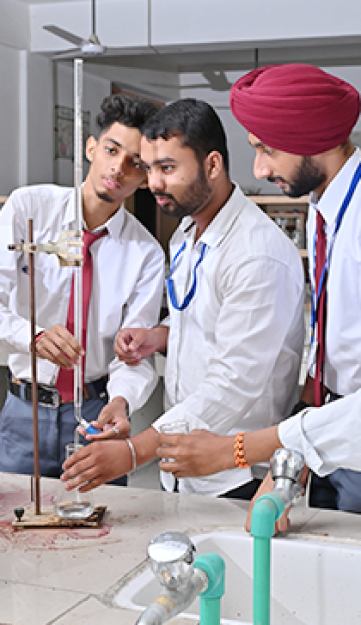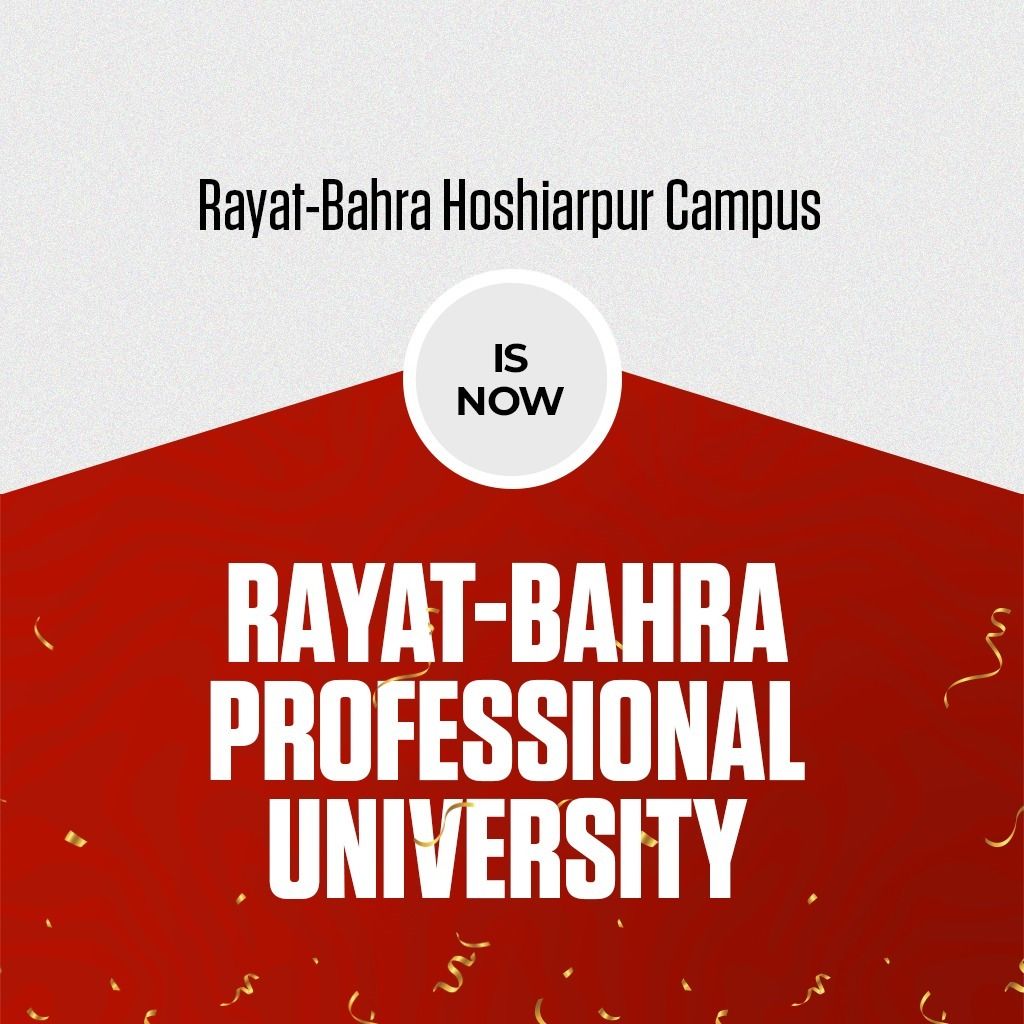Program Insights
After completing a degree in Mechanical Engineering, graduates have a broad range of career opportunities. They can work as Mechanical Engineers, focusing on the design, analysis, and maintenance of mechanical systems and components. In the automotive industry, they can develop and enhance vehicle systems, while in aerospace, they work on aircraft and spacecraft technology. Manufacturing Engineers oversee production processes, aiming to improve efficiency and quality. Energy Engineers focus on developing and managing energy systems, including renewable energy technologies. Robotics Engineers design and implement robotic systems for various applications, and HVAC Engineers work on heating, ventilation, and air conditioning systems. Additionally, Mechanical Engineering graduates can pursue roles in consulting and project management, offering their expertise to optimize engineering solutions and manage complex projects. This diverse career scope spans multiple industries, including automotive, aerospace, energy, manufacturing, and robotics, providing numerous opportunities for growth and specialization. Moreover, students can make their career in Merchant Navy.
Empowering Education with Infrastructure
Refrigeration & Air Conditioning Lab
The Refrigeration & Air Conditioning (RAC) lab offers practical experience with cutting-edge equipment in refrigeration and air conditioning technology. Students work with systems like chillers, heat pumps, and air handling units, gaining skills in installation, maintenance, repair, and troubleshooting. Expert instructors guide students through hands-on learning, ensuring they are well-versed in current technologies and industry standards.
Strength of Materials Lab
The Strength of Materials lab provides a hands-on approach to material mechanics and structural engineering. Equipped with advanced testing machines, the lab allows students to assess the properties of various materials—metals, plastics, composites, and ceramics—under different stresses. Students can design, build, and test structures, using both physical apparatus and simulation tools to analyze strength and durability.
Heat Transfer Lab
The Heat Transfer lab offers a comprehensive learning experience in heat transfer principles. With state-of-the-art tools, students explore conduction, convection, and radiation phenomena. They design and test heat exchangers, boilers, and other devices, using advanced software for analysis and simulation. Experienced instructors support students throughout their experiments, enhancing their understanding of heat transfer applications and technology.
Mechanical Measurements and Metrology Lab
The Mechanical Measurements and Metrology Lab provides hands-on experience with modern measurement techniques and equipment. Students use precision gauges, micrometers, and coordinate measuring machines (CMMs) to learn dimensional measurement principles, tolerances, and accuracy. The lab supports practical experiments in mechanical measurements and metrology.
Theory of Machines Lab
The Theory of Machines Lab offers practical insights into machine behavior and design. Equipped with gear trains, cam mechanisms, and linkages, students apply theoretical concepts to real-world problems. They use software for simulations, test machine performance, and analyze experimental data on materials and engines.
Fluid Mechanics and Fluid Machines Lab
In the Fluid Mechanics and Fluid Machines Lab, students explore fluid behavior and fluid machine operations. The lab features equipment for measuring fluid properties, such as pressure and flow rate, and includes pumps, turbines, and compressors for practical testing. Students use software to simulate and analyze fluid dynamics and machine performance.
Automobile Engineering Lab
The Automobile Engineering Lab provides hands-on training in automotive technology. Students use diagnostic tools to troubleshoot and repair vehicle systems, including engines, transmissions, and brakes. The lab is equipped with engine and chassis dynamometers, as well as emissions testing equipment, for analyzing vehicle performance and efficiency.
















